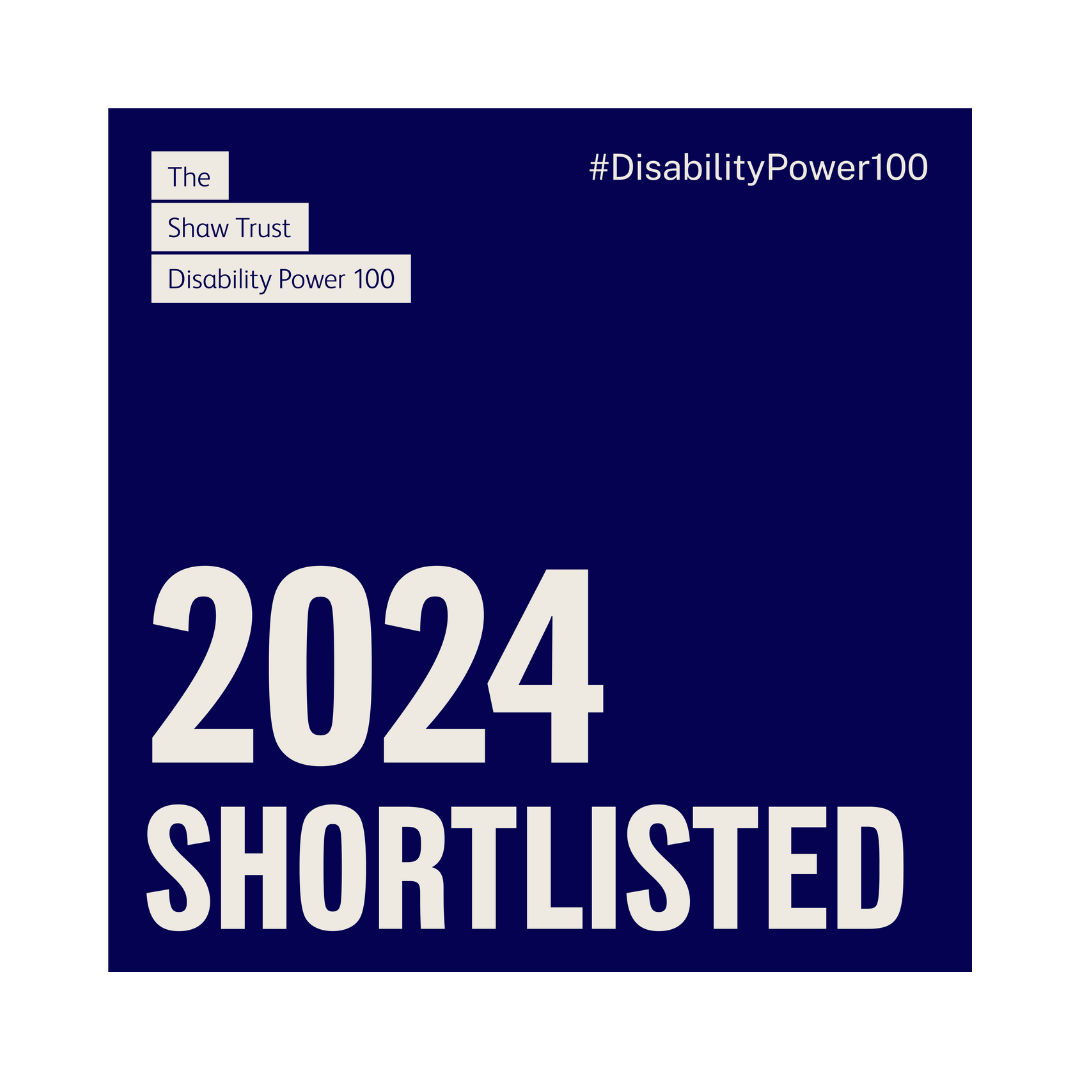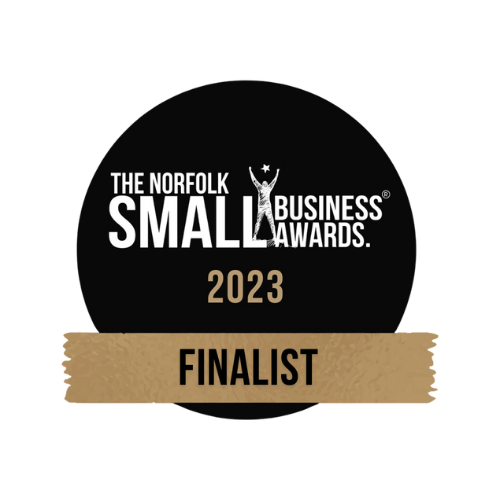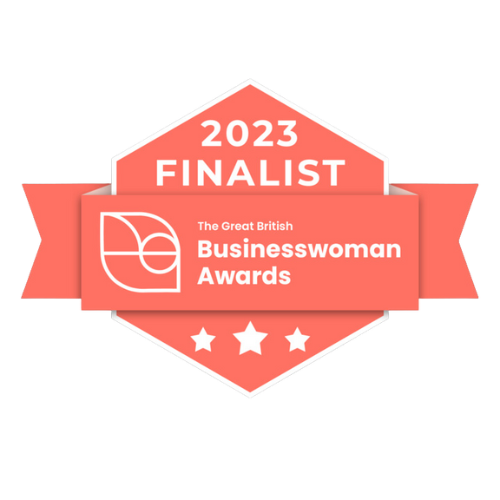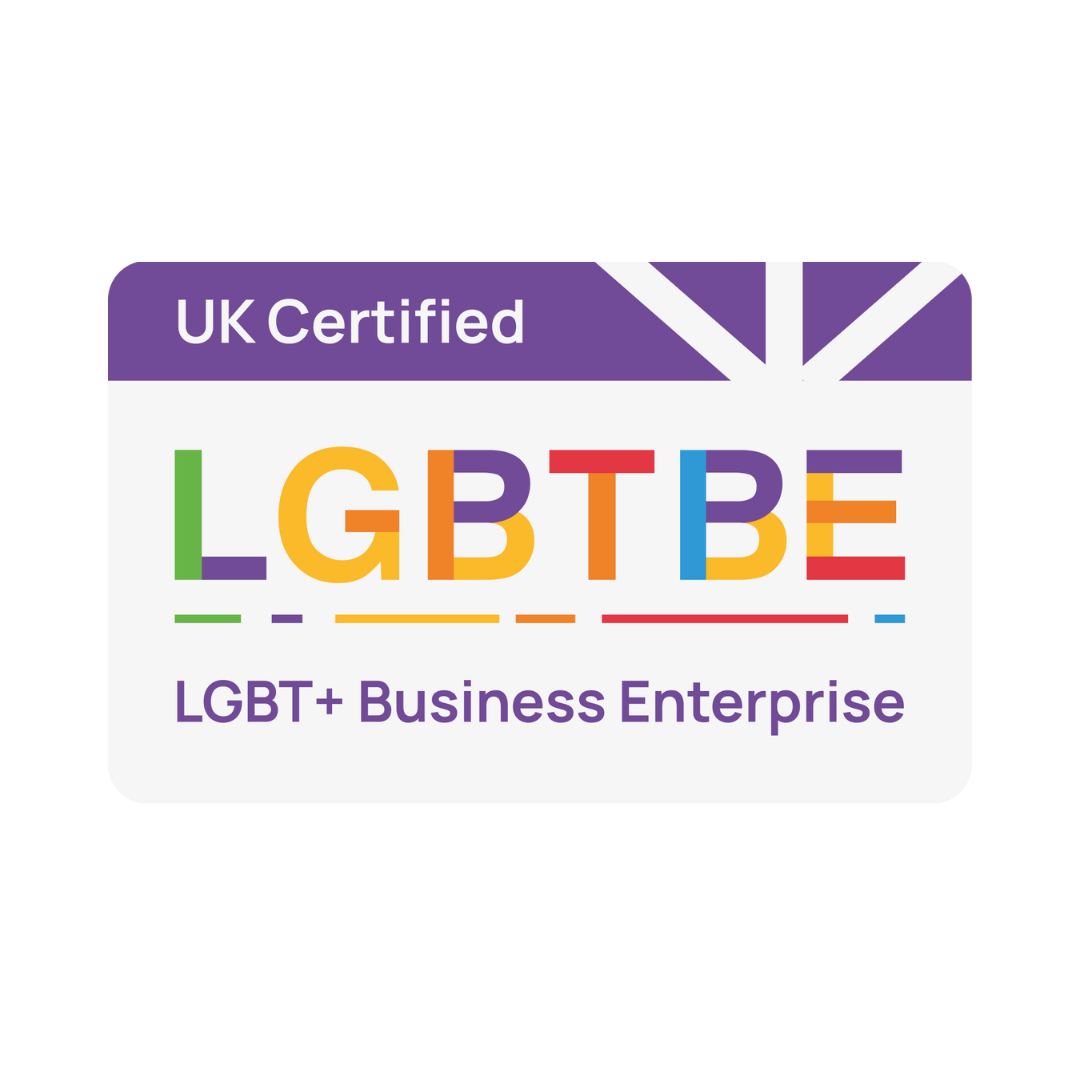Sara is passionate about sharing her vision of creating a world where people have developed critical thinking skills, and exercise that muscle so they and others can experience work and life with more nuance and humanity.
In each of her keynote addresses she supports people to hold provocative curiosity.
Her characteristic vivaciousness develops a conversation with audiences: inviting people to join her on a journey of thinking and questioning.
Her delivery style is as informative as it is engaging. She brings her whole self to the stage as she openly shares her expansive personal professional and academic knowledge of neurodiversity and inclusion.
Signature topics
Creating a worth ethic:
Why your worth is not in your work
The lie starts in childhood: work hard, and you’ll be rewarded.
Along the way, we lose touch with ourselves. No wonder the UK is the second least happy place on the planet. Our highest value as a nation is on hard work, but statistics on workplace burnout show that we’re getting something deeply wrong.
Work ethic tells us that our value lies in how much we produce for other people – and what they think of us as a result. People who don’t fit into the neurotypical box feel that outside-in evaluation all the more acutely.
Often LGBTQ+ and neurodivergent people are ‘over achievers’. Even if this doesn’t show up in pages of qualifications, or volunteering on top of multiple jobs it is present in all of us. Silently and secretly doing additional emotional, intellectual and physical heavy lifting. Just to get through the day.
Because it has been ingrained into us from very small. If only we tried a little harder to ‘fit in’ we will ‘get there’.
What if, instead of pouring our time and attention (the most finite of resources) into work, fitting in and getting there we redirect them into what matters most: our needs, our wants and our desires.
Instead of plugging into the work ethic culture, how about building your own WORTH ethic, from the inside-out?
Aligning everything in your world with your core values.
Focusing your time and attention on what is important to you.
Learning how to discriminate and say no to the things that no longer serve our core selves.
When you do, you’ll get clear on what really matters to you.
You become aware of the things that do not bring you joy and your focus is redirected to removing frictions from your life.
You start to value your time and attention as the finite depleting resources they are and how to give the bulk of your time attention to them.
When you do, It’ll change your life.
DEI is dead?
You’ve missed the point
Shifting the conversation about inclusion from the moral argument to solid business practices, behaviours and outcomes. An essential mindset shift to benefit everyone.
Needs economies:
An inclusion approach where everyone wins
What if we started meeting the needs of people? We would create environments where everyone has the tools and resources to succeed. Creating supportive environments is the keystone to productivity
Privileged or entitled:
Moving from allyship to action
We have had enough talking about the problems of inclusion. What if we stopped glamourising the problems and focused on change? It is possible to organise around solutions by asking “how”, rather than “why’.
Critical thinking is the key to unlock inclusion
A truly inclusive and healthy business uses critical thinking to effect change in their part of the business. Getting people to think critically about what they're doing and why they do it.
Pattern interruption for business success
What if you took received wisdom and tip it on its head? Finding radically different ways of doing business results in infinitely better solutions. This is about daring to do better. Doing the work to get the different outcome you desire. Taking ownership of your part of responsibility to effect / drive change.
Breaking barriers by design
How to create business environments which consciously and continuously remove barriers. The result is the people who work in them are able to perform to the best of their ability and create businesses that thrive.
Book me to speak
